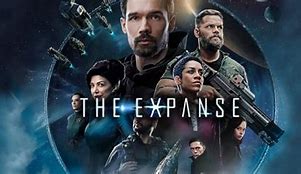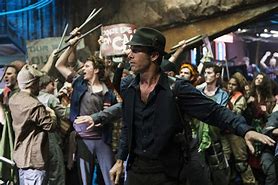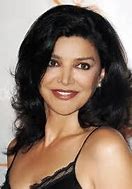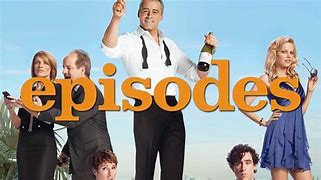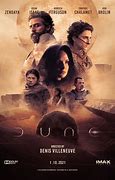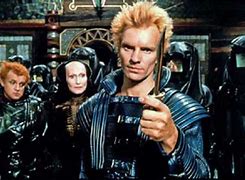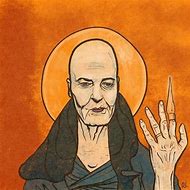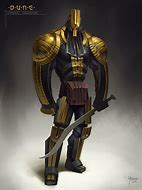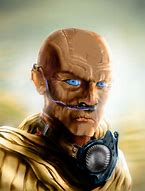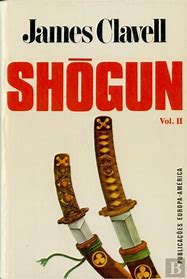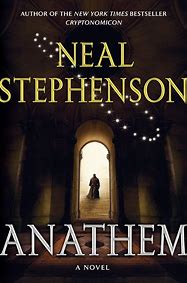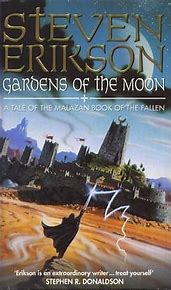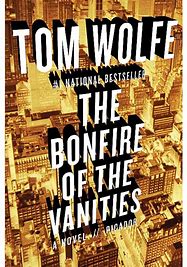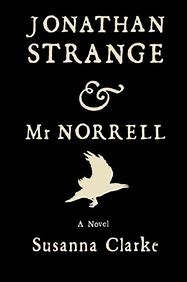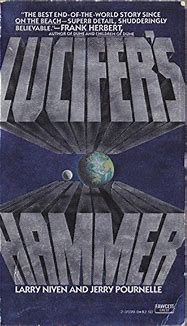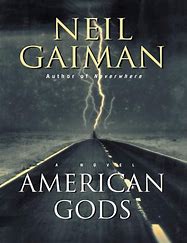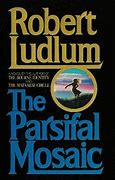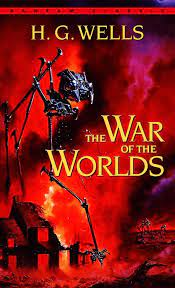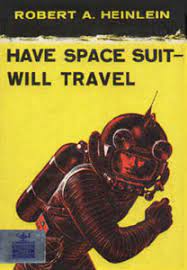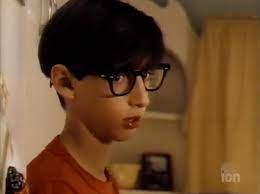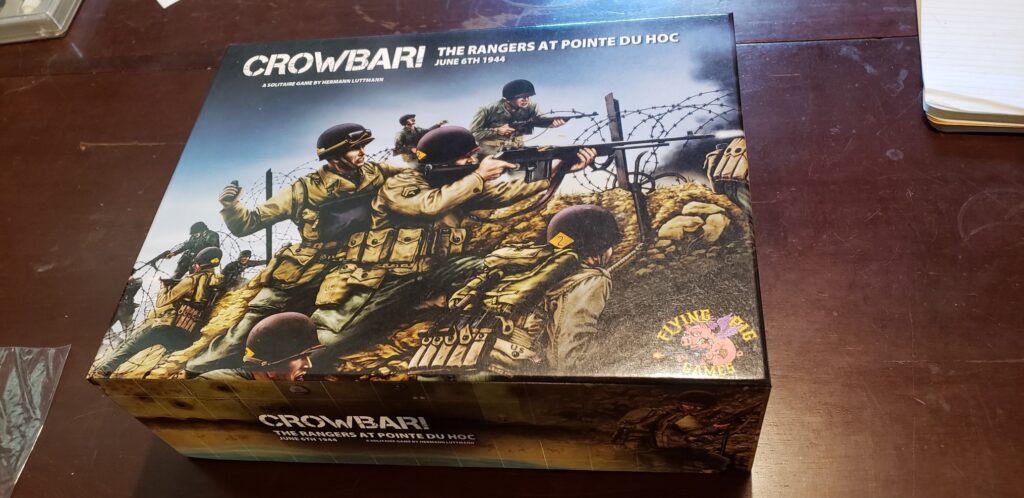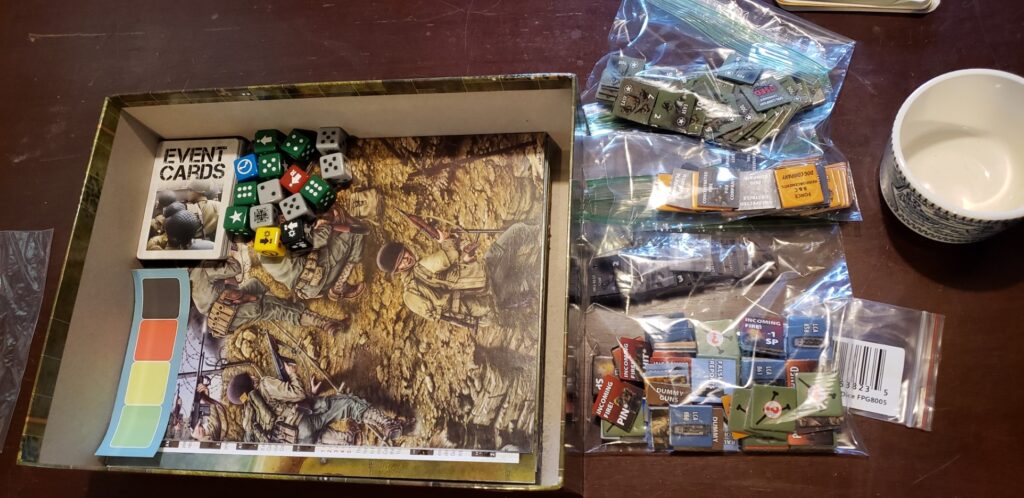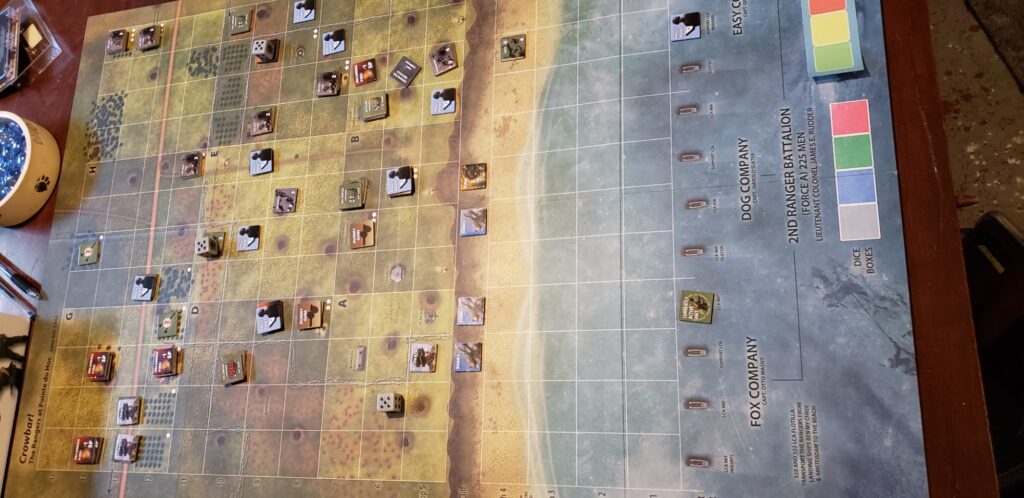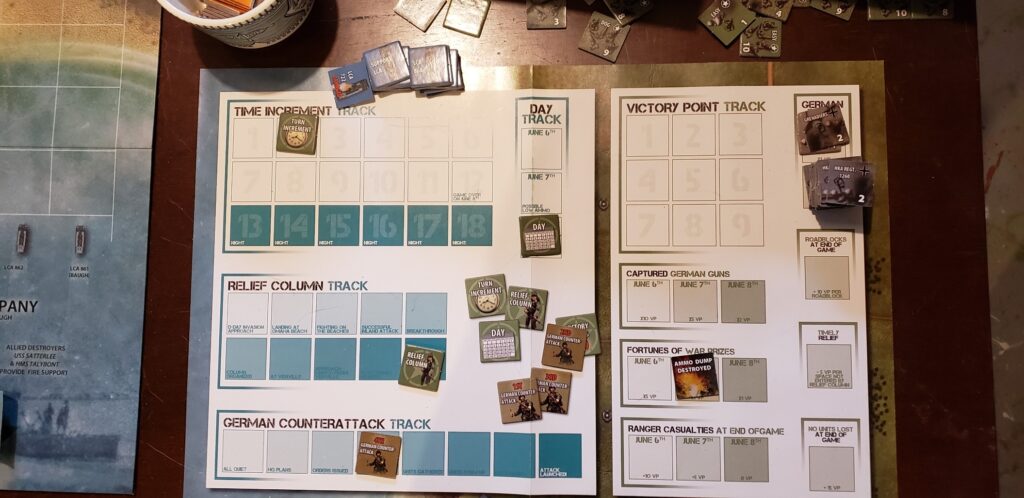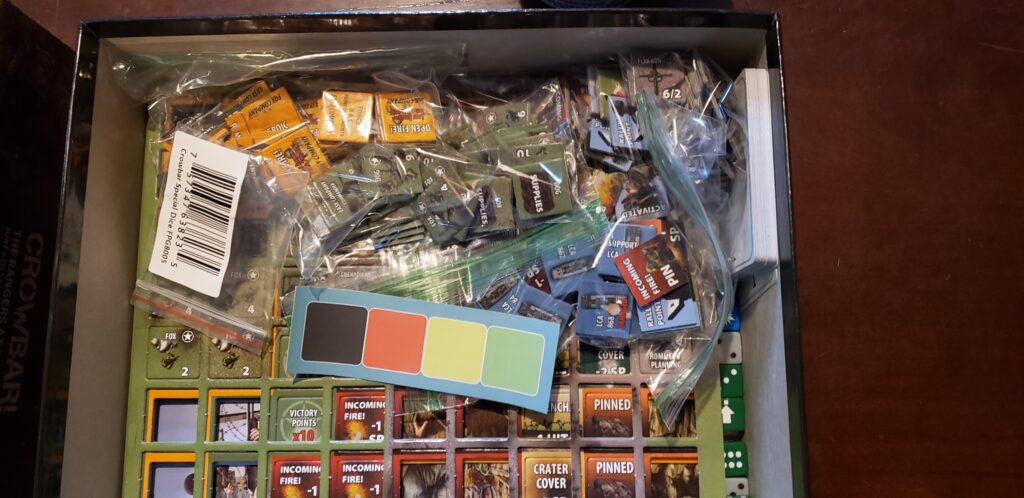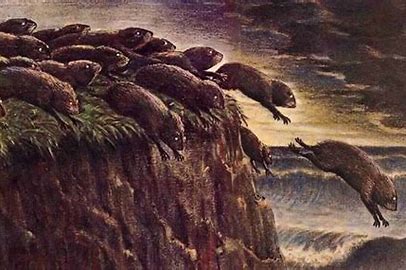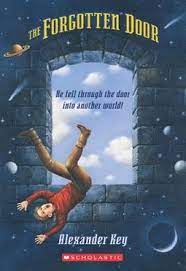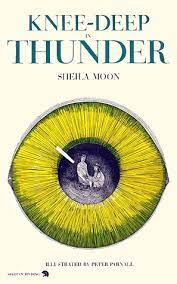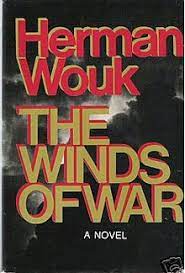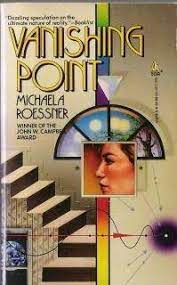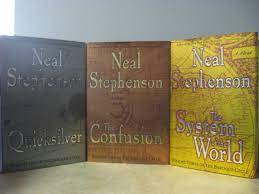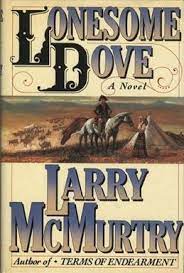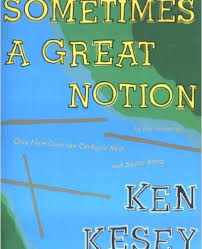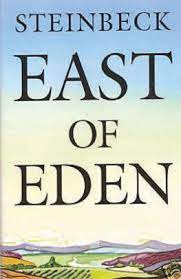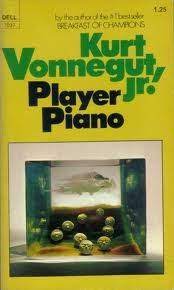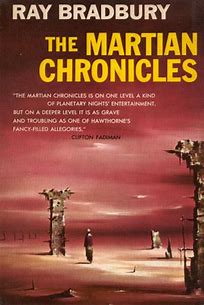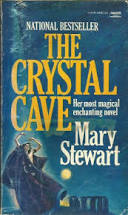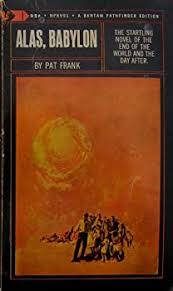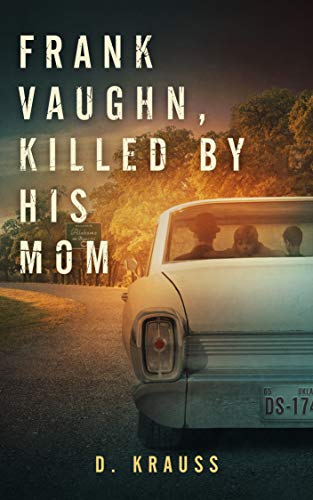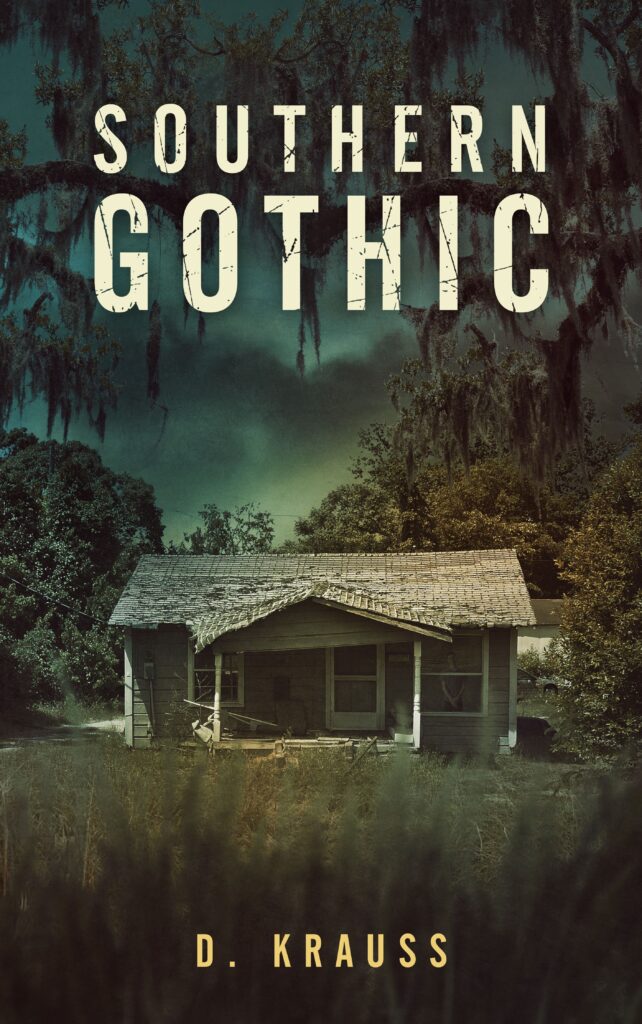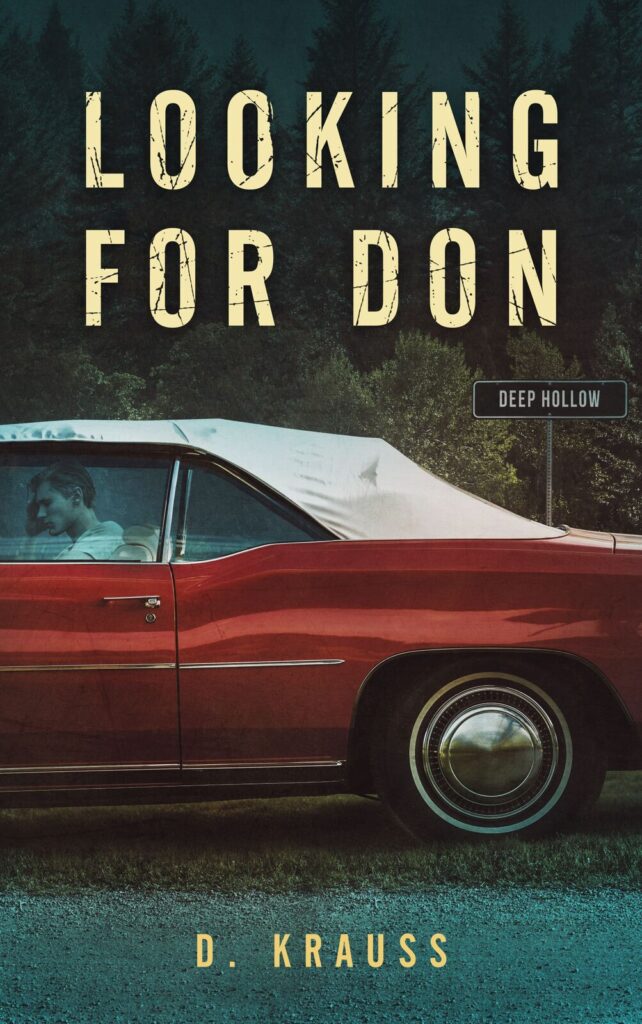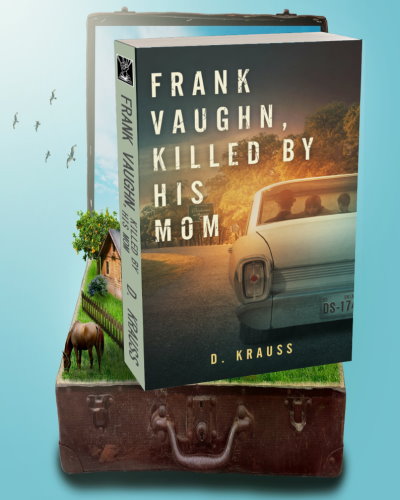I’ve been a reader for as long as I can remember, which isn’t really all that far back. The earliest memory I have is probably my 4th birthday; I got cupcakes instead of a regular cake and I was not happy about that. I mean, how do you blow out the candles on ten-to-fifteen cupcakes scattered around a kitchen table? It was a rip-off.
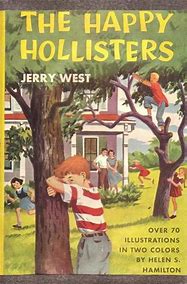

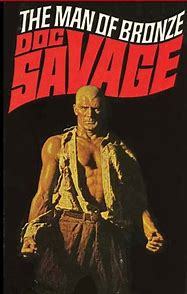
But I do remember always having books, from Dr. Seuss to the Happy Hollisters to Doc Savage and beyond. Marvel Comics taught me to read. Or rather, my next-door neighbor did. He was a few years older and a Marvel fanatic and every Saturday back in 1962 we raced up the road to Carl’s Drug store and I’d buy two Marvels and a pack of bubble gum (with the baseball cards inside) for a grand total of 25 cents (my weekly allowance) and then race back home to see what Mr. Fantastic and the Avengers were doing. “What’s that word?” “What’s this word?” and he had me sound it out. By first grade, I was reading at a second grade level. By second, at fifth, and so on. Moms, give your kids comic books.
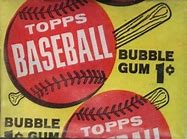

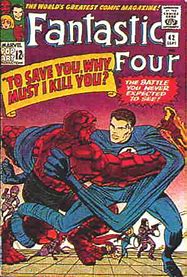
And yeah, I know, I’ve told this story a thousand times before and do so again to make this point: we lifelong readers develop lifelong attachments to certain authors. I am no exception. These are writers who have proven themselves excellent word slingers. While the list changes every decade or so (or as I find writers I never read before), whenever I stumble across some previously unread book of theirs I reflexively pick it up, even if the plot is somewhat dubious. Based on previous experience, I’m willing to give it a shot.
In no particular order:
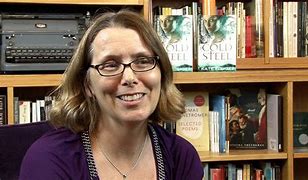
Kate Elliot. I ran across her when I picked up the wrong book, Shadow Gate, the second novel of her Crossroads Trilogy, and it blew me away. I didn’t know what was going on because, second book of a trilogy, but who cared? It was magnificent. So, of course, I grabbed the first book, Spirit Gate, and was not so impressed, which goes to show, you can’t judge a trilogy by its first book. You know why: it’s all character introduction and world building and a lot of that can get tedious. The story usually doesn’t start until the second book and, man, did it. She introduced one of my favorite and memorable characters, Mai, the future princess and queen and badass.
Alastair Reynolds. Probably the best hard-science far-future scifi author out there, although he has tried his hand at a few near-Earth stories, with mixed results. But even his so-called bombs, such as the novel Pushing Ice, are cuts above other authors’ best efforts. Reynolds does not explain his tech or science, but you get enough information from the story and context that you can puzzle out his thinking, even when he writes crazy timelines involving hundreds of thousands of years.
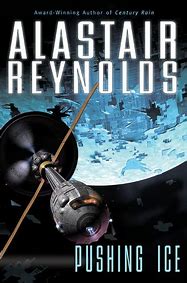
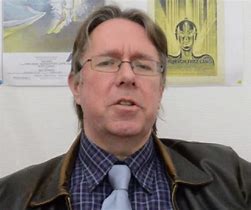
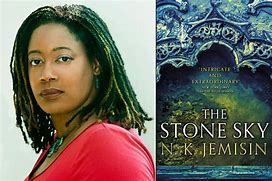
N. K. Jemisin. The best fantasy writer working today, bar none, hands down. Her world-building and plot lines will melt your brains. Often, I don’t get past the first books of most trilogies because they don’t convince me their world is viable. With hers, first sentence of the first book hooks me completely. You have got to read The Broken Earth trilogy. And the Inheritance trilogy. And everything else.
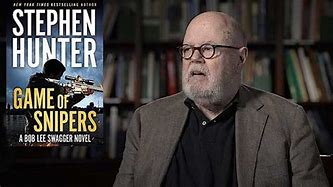
Stephen Hunter. Yeah, yeah, a sparse action writer who can leave you a little frustrated with plot resolutions, but he’s created one of my favorite literary characters: Bob Lee Swagger, aka Bob the Nailer. No, that’s not a sexual reference; Bob earned the nickname for his extraordinary and rather prolific sniping during the Vietnam War. Long after the fall of Saigon, he is still relying on those sniper skills to get him out of trouble.
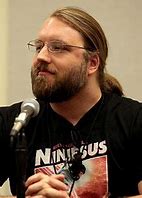
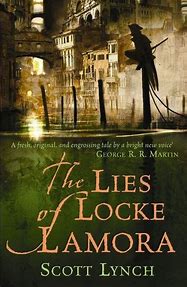
Scott Lynch. Gentlemen bastards. What more is there to say?

Mary Doria Russell. She has written two of the greatest scifi books ever, The Sparrow, and its sequel, Children of God. Since then, well, she’s had some misses, but I still read everything she does because of those first two. She is definitely all over the place, from Italy in WW2 to the Old West, but that makes me like her even more. She is not typecast.

Neal Stephenson. Oh, c’mon, the guy is a one-man library, his topics ranging from the Restoration to the cyber future and even alien societies. And he’s going to write everything he knows about the particular topic of the moment so, pack a lunch. He has created one of my other favorite literary characters, Half-cocked Jack and, yes, that is a sexual reference.

Richard Russo. See? It’s not all scifi and horror. Russo usually writes about places and characters of the Great White North, upstate New York and Vermont and nearbys. I lived up there for a few years and remember it rather fondly, so I’m drawn to his books, like Empire Falls. I know those people.
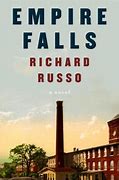
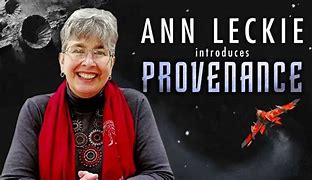
Ann Leckie. Her Imperial Radch is probably the best ongoing scifi series on the market right now and you must scoot yourself over to your nearest book source, be that library or store, and grab the first one. And then the second. And keep going. A starship that is a person. Wow.
These authors are still living and producing, at least, as far as I know. Maybe I’ll do another list of my goto authors no longer with us. We’ll see.
